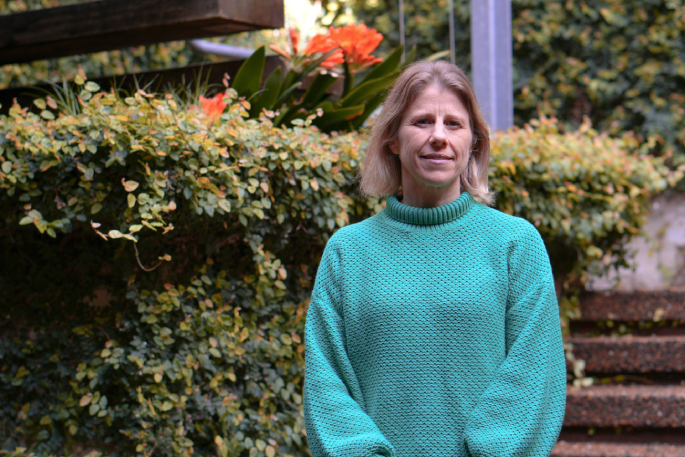A 10-year study in New Zealand shows genetic testing should be available for autistic individuals and their families to refine diagnoses, according to University of Auckland scientists who conducted the research.
“A diagnosis is something we've never had, and this has made it possible for us to understand so much more about why our daughter is like she is,” one family who took part in the study said.
Some genes underlying autism are associated with co-occurring conditions or could cause other medical challenges later in life, so identifying a gene allows for targeted monitoring and management.
It can also can mark the end of a long search for an accurate diagnosis, and help people find their community via support groups.
“Some genetic testing is publicly funded in Aotearoa New Zealand, but our research supports the funding of a more comprehensive approach,” said Dr Jessie Jacobsen, a senior lecturer at the School of Biological Sciences and Centre for Brain Research at Waipapa Taumata Rau, University of Auckland.
“This would result in answers for many more families.”
More than 100 genes are known to cause autism, and scientists are assessing hundreds more as potentially being involved.
A genetic cause for autism cannot always be found, but in a substantial percentage of individuals it can be.
“One of the important aspects of this research is that our genetic approach is successful for autistic individuals regardless of neurological differences, including adults who grew up prior to autism being widely recognised,” said Jacobsen.
In the study, scientists sequenced the genomes – that’s a person’s complete set of genetic information – of 201 autistic individuals and 101 non-autistic family members. The participants ranged in age from two to 81. Most were aged from six to 12 years.
In results similar to those of overseas studies, the method provided clear answers for about 13 per cent of people; their DNA contained a gene known to cause autism. In about another 16 per cent of cases, the tests revealed genes likely to cause autism.
PhD student Suzanne Musgrave was the lead author of the paper detailing the study, which was published in the Journal of the Royal Society of New Zealand.
“Importantly, this study reveals the diagnostic utility of customised genetic screening for autism,” Musgrave and her co-authors wrote in the paper.
The researchers cite evidence from overseas suggesting genetic testing of autistic individuals can lead to cost savings by reducing the time needed to identify specific and personalised support requirements.
“Not only does this have important health care and economic implications for the publicly funded health-care service in Aotearoa New Zealand, it also gives individuals and their families a chance to access supports sooner and develop a tailored pathway of care for all aspects of their health and disability needs (medical, social and educational),” they wrote.
A repatriation fellowship brought Jacobsen back to New Zealand from Massachusetts General Hospital and Harvard Medical School for her research.
The study was supported by the Minds for Minds Charitable Trust, Cure Kids and A Better Start: E Tipu e Rea National Science Challenge, the IHC Foundation, Oakley Mental Health Research Foundation, and the New Zealand eScience Infrastructure (NeSI).



0 comments
Leave a Comment
You must be logged in to make a comment.